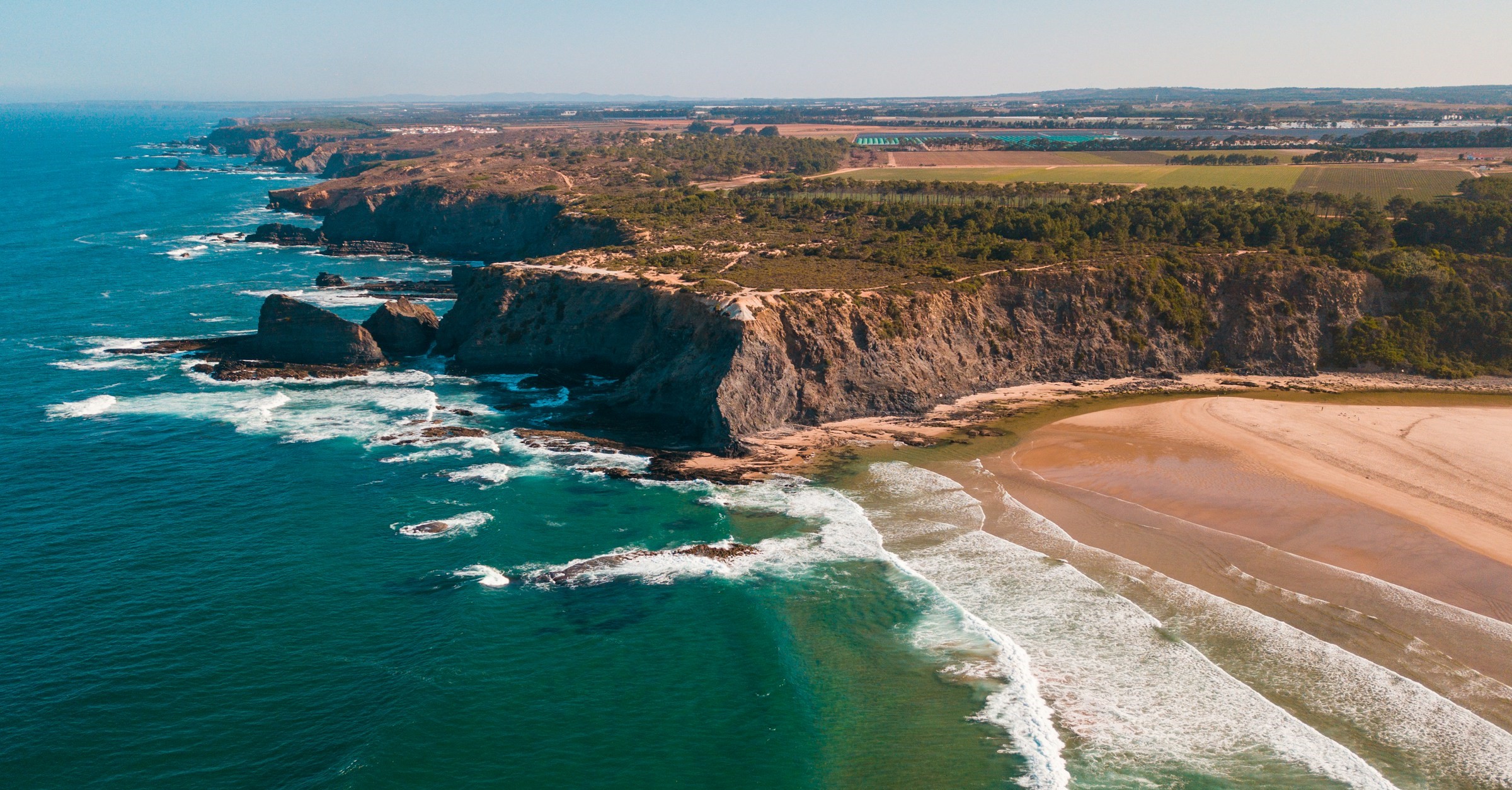
PROS AND CONS OF LIVING IN THE ALGARVE
The Algarve is one of the most stunning areas of southern Portugal, and like all regions, has both benefits and drawbacks for its residents. Carefully consider the following factors if you are thinking about moving to the region.
Pros of Living in Algarve
The Algarve is famous for having beautiful sandy beaches, a favorable climate, and many foreigners’ residences. This region provides a natural environment and convenient conditions, which can improve the quality of life of its population. Some of the advantages of living in the Algarve include: good weather, cheap prices, clean environment and friendly people.
-
Sunny Days All Year Round
Among the key selling points of the Algarve is climate. It has more than 300 sunny days in a year with a cold winter and hot summer climate. This makes it an ideal location for those who love the outdoors and are looking to escape the winter season.
-
Affordable Cost of Living
Compared to other European countries, the cost is quite low when living in the Algarve. Groceries, rent, and eating out are rather cheap. For instance, you can take a cup of coffee, croissant and glass of orange juice for €2 a piece; approximating to a meal with a drink at €8. In fact, there are at least ten dishes you need to try.
-
Clean Air and Beautiful Nature
As it faces west of the peninsula, it benefits from clean air as a result of facing the Atlantic Ocean. It also does not house large city centers, it instead has golden beaches, crystal clear water, mountains, beautiful scenery for various activities such as cycling, bird-watching, and boating.
-
Growing an Expatriate Community
There are a lot of foreigners love this coast, so it is not very difficult for people to blend in. People are friendly and often speak English; social activities such as events, clubs and support groups are also easily accessible. To connect, many go to the International Algarve Fair or connect through AFPOP.
-
Safety
In general, together with its southernmost region, Portugal is one of the safest countries in the world. It is relatively safe and has a low crime rate, which makes it suitable for families with children and retirees.
Cons of Living in the Algarve
The Algarve, just like any region, also has weaknesses that should be taken into consideration by anyone interested in settling there. These are bureaucratic challenges, high competition in the real estate sector, inadequate public transport, and a seasonal workforce. Knowing these cons will assist you to be well prepared for other aspects of life in this beautiful part of the world.
-
Bureaucratic Challenges
Like in many other countries, the bureaucracy in Portugal can be complicated especially for expatriates. Many government services have complex processes, and not all of the employees are fluent in English. You may be required to engage the services of translators, consultants, or lawyers for documentation purposes.
-
Overvalued Real Estate Market
Although the overall cost of living is relatively low, the prices of properties have skyrocketed in the Algarve region because of high demand from tourists and foreign investors. This is because the process of securing cheap accommodation is challenging, especially in areas of high demand. It is necessary to find a real estate agents in the area to help minimise and facilitate the process.
-
Limited Public Transportation
This area does not have an extensive public transportation network. There are no subways and buses, and trains are not very often used. Many residents need to own a car for commuting, hence spending more on living expenses.
-
Health System Limitations
Those registered as a resident in Portugal receive state-provided, public healthcare. There's the additional expense of getting private health insurance that most expatriates take because they can get better health care services. The Algarve’s public hospitals can be problematic due to improperly managed administration and long waiting lists.
-
Seasonal Job Market
Employment availability tends to be seasonal since the region's economy mainly relies on tourism. It is difficult to get permanent employment throughout the year, apart from the tourism and agriculture industries.
Conclusion
The advantages of living in Algarve include; the favorable weather, low cost of living, and the availability of other foreigners. But it also has its difficulties, such as government red tape, expensive housing, scarce public transport and a part-time work culture.
With the above pros and cons of living in the Algarve, you will be in a position to decide if the Algarve is the right place for you to be. If you're tempted to commit for the cliff exploration and good wine, check out out listings below:
Find property for sale in the Algarve
Find long-term rentals in the Algarve
Frequently Asked Questions (FAQs)
Is the Algarve a good place to live?
Yes, the Algarve is known to many as one of the best places to live because of its warm yet fresh climate, low cost of living, rustic nature, and friendly expats. It provides a laid-back environment, which is ideal for anyone who works remotely.
How much money do you need to live in the Algarve?
Overall, the Algarve region is not expensive to live in compared to other developed regions in the world. In general, a single person might require approximately 1,200 to 1,500 Euros per month to pay expenses such as rent, food, utilities, and transport. This amount can fluctuate depending on lifestyle and the exact place in the Algarve.
Where do most expats live in Algarve, Portugal?
The largest number of expats resides in towns and cities like Albufeira, Lagos, Faro, Portimão, Tavira and Vilamoura. These areas are characterised by gorgeous coastlines, active populations, and numerous facilities that are suitable for expatriates. For more on the best places to live in the Algarve, check out our guide.